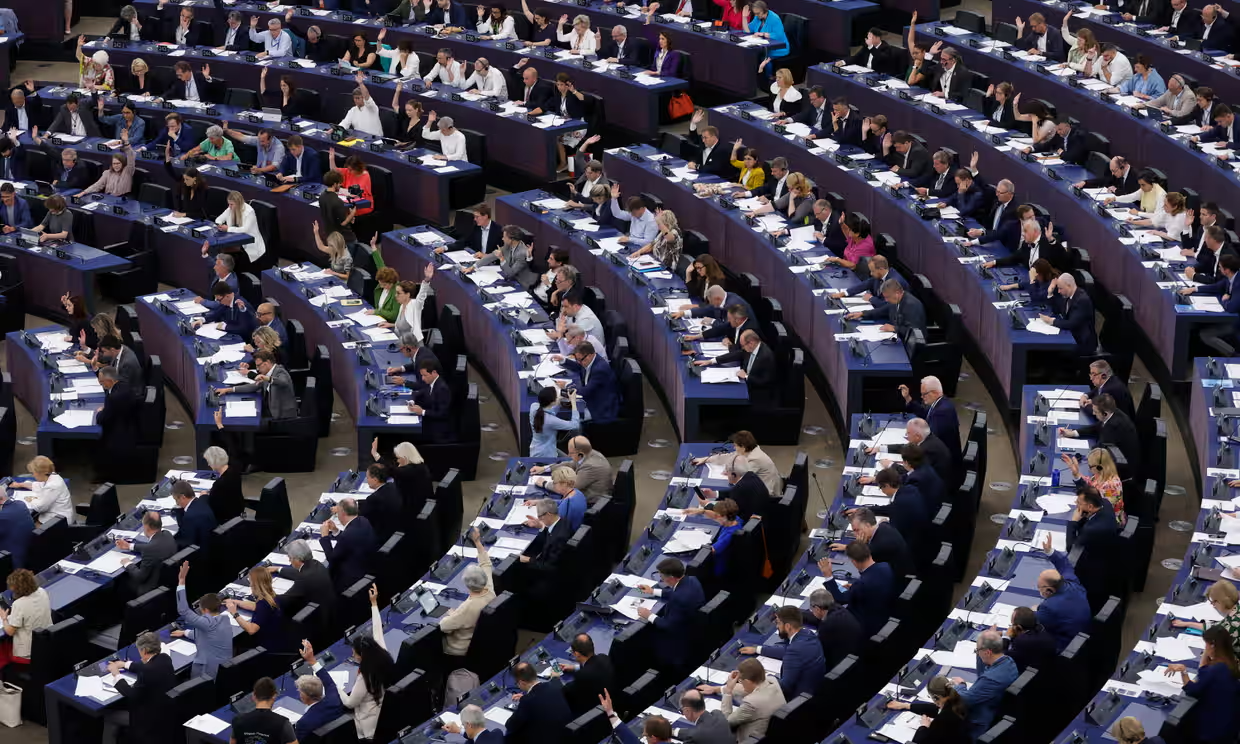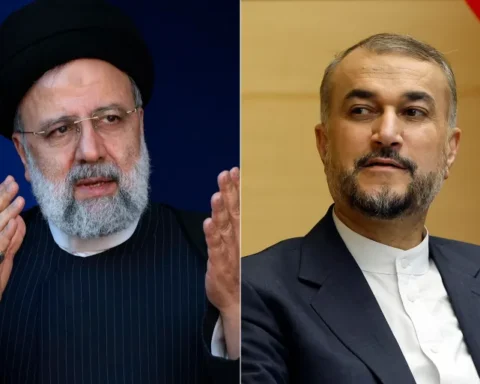The Guardian: The European Union has reached a significant agreement on the world’s first comprehensive laws to regulate artificial intelligence (AI), social media, and search engines. This historic deal, described as such by European Commissioner Thierry Breton, was achieved after extensive 37-hour negotiations between the European Parliament and EU member states. The new laws, which will come into effect no earlier than 2025, aim to govern giants like X, TikTok, and Google, and puts the EU at the forefront in the global race to regulate AI.
Key aspects of the agreement include:
- Regulation Scope: The laws will cover a wide range of technologies and platforms, including AI-driven surveillance and biometric technologies. Real-time surveillance and emotional recognition technologies are banned except in specific cases like terrorist attacks, victim searches, or serious crime prosecution.
- Risk-Based System: The foundation of these laws is a risk-based tiered system. The highest risk category is now defined by the computational intensity required to train the machine, with AI systems like GPT-4 falling under this category.
- Human-Centric Approach: The legislation emphasizes a human-centric approach, ensuring AI development respects fundamental rights and human values. This approach is aimed at building trust and awareness about the benefits and risks of AI.
- Police and Surveillance Regulations: Police can use invasive technologies in limited scenarios. Predictive policing and presumption of innocence in crime will be closely regulated to prevent abuse.
- Global Impact: The EU’s comprehensive regulation is expected to set a precedent for global digital and AI governance. AI companies operating under EU regulations may extend these practices to other markets for efficiency.
- Precedent for Future Regulation: The EU aims to avoid past mistakes made with tech giants like Facebook, where regulation lagged behind their growth. This proactive approach could influence other countries’ future digital regulations.
This agreement reflects the EU’s commitment to leading the development and regulation of AI and digital technologies in a way that prioritizes human rights, safety, and ethical considerations.
The entire article can be read at the link https://www.theguardian.com/world/2023/dec/08/eu-agrees-historic-deal-with-worlds-first-laws-to-regulate-ai











